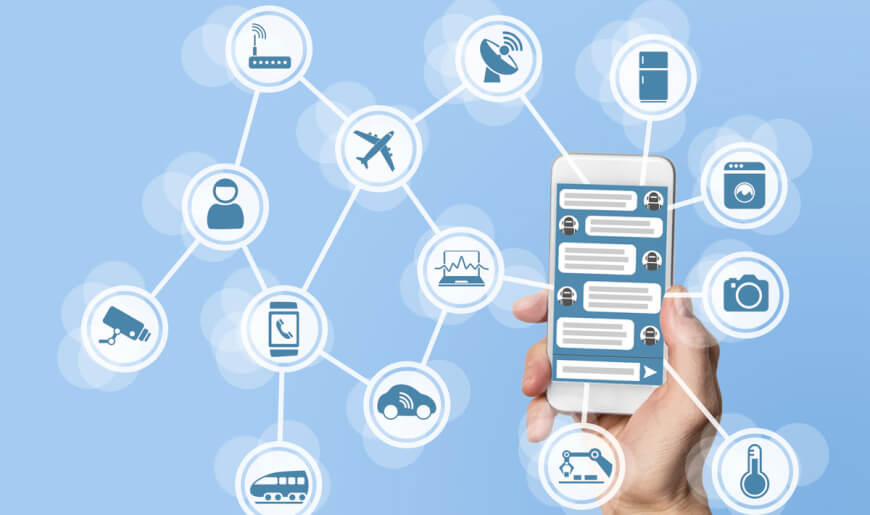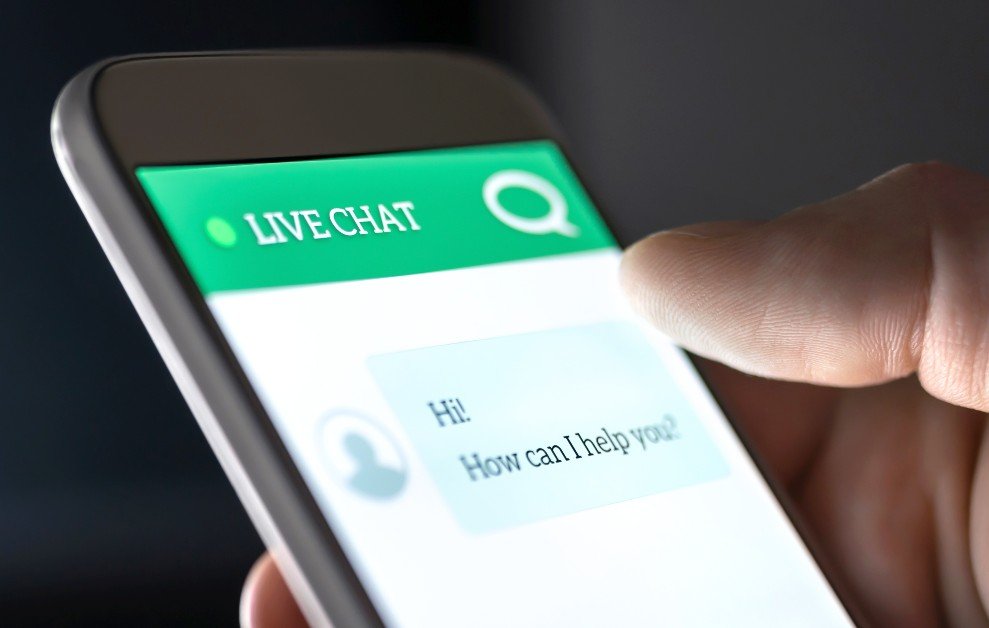Chatbots are programs that simulate conversations with human users through a messaging interface. They use natural language processing and machine learning techniques to understand and respond to user input in a way that resembles human conversation. They have become increasingly popular in recent years as a tool for businesses to interact with customers more efficiently and personally.
Rule-based chatbots use predefined rules and decision trees to respond to user input. It can be into various messaging platforms, including websites, social media, and messaging apps. They can also be customized to match a business’s branding and tone of voice.
Common applications of chatbots
Customer Service. They can provide instant customer support by answering frequently asked questions, resolving issues, and providing product recommendations. They can also escalate complex issues to a human agent when necessary.
E-commerce. It can help customers with product recommendations, order tracking, and payment processing. They can also provide personalized shopping experiences by suggesting products based on the customer’s browsing history and preferences.
Healthcare chatbots can provide basic health information, book appointments, and remind patients to take their medications. They can also monitor patients’ symptoms and alert medical professionals if necessary.
Finance. can assist customers with account management, money transfers, and bill payments. They can also provide financial advice and investment recommendations based on the customer’s goals and risk tolerance.
Travel and Hospitality. Chatbots can help customers with flight bookings, hotel reservations, and travel recommendations. They can also provide travel updates and suggestions for local activities and attractions.
Chatbots can be integrated into various messaging platforms, including websites, social media, and messaging apps. Relationships. Healthcare chatbots are specialized chatbots designed to assist patients, healthcare providers, and other stakeholders in the healthcare industry. They are increasingly used to provide primary health information, help with appointments, and monitor patients’ symptoms.
Healthcare chatbots’ features are their compliance with the Health Insurance Portability and Accountability Act (HIPAA). HIPAA is a federal law that sets guidelines for protecting patients’ medical information.
Healthcare chatbots must be designed to ensure the confidentiality, integrity, and availability of patient data in accordance with HIPAA regulations. Healthcare chatbots should have robust security measures to prevent unauthorized access to patient data. They should also be designed to promptly detect and respond to potential security threats.
Healthcare chatbots should be designed to interact with patients in a way that is understandable and sensitive to their needs. They should be able to recognize and respond appropriately to natural language and understand the context of patients’ questions. They can assist patients with various tasks, including providing essential health information, scheduling appointments, and reminding patients to take their medications. They can also monitor patients’ symptoms and alert healthcare providers if necessary.
Most common types of healthcare chatbot

- Symptom Checkers. They ask patients about their symptoms and provide possible diagnoses and treatment recommendations. They assist patients in determining whether they should seek medical attention and provide essential health advice.
- Appointment Schedulers. They assist patients in scheduling appointments with healthcare providers. They provide patients with information about the availability of healthcare providers and assist with cancellations and rescheduling.
- Medication Reminders. They assist patients in remembering to take their medications on time. They can give patients reminders and information about dosages and potential side effects.
- Chronic Disease Management. They are designed to assist patients with managing their chronic conditions. They can provide patients with education about their condition, reminders about appointments and medications, and support for self-management.
- Patient Education. They are designed to inform patients about their health conditions, treatments, and procedures. They assist patients in understanding their medical diagnoses and guide navigating the healthcare system.
Advantages of healthcare chatbots
Here are some of the key advantages:
- Enhanced Patient Engagement. They help patients become more engaged in their healthcare by providing them with personalized support and assistance. This can lead to improved health outcomes and increased patient satisfaction.
- Reduced Healthcare Costs. They can help reduce healthcare costs by providing patients with early intervention and preventative care. This leads to reduced hospital admissions and readmissions and lower costs associated with chronic disease management.
- Increased Efficiency. They assist healthcare providers in managing their workload by automating routine tasks. This can help providers focus on providing high-quality care to their patients.
Challenges and limitations of chatbots in healthcare

- Limited Accuracy. Rely on algorithms to provide diagnoses and treatment recommendations, which can be limited in accuracy compared to human healthcare providers. There is a risk of incorrect diagnoses and suggestions, which can potentially harm patients.
- Lack of Personalization. They are limited in their ability to provide personalized care and support, which can be crucial for patients with complex medical conditions or those requiring emotional support.
- Ethical Concerns. The chatbot raises ethical concerns about patient privacy, informed consent, and transparency in decision-making.
There have been several successful healthcare chatbot implementations that have demonstrated their potential to improve patient outcomes. Ada Health is a symptom checker chatbot that asks patients about their symptoms and provides possible diagnoses and treatment recommendations. Woebot is a mental health chatbot designed to support and assist with mental health conditions such as depression and anxiety.
Florence is a medication reminder chatbot that assists patients in remembering to take their medications on time. As healthcare chatbots become more widespread, ethical considerations must be carefully considered to protect patients’ privacy and autonomy.

Key ethical considerations:
- Informed Consent. Patients must be fully informed about the purpose and limitations of healthcare chatbots and must provide informed consent before their data is collected and processed. This includes understanding the potential risks and benefits of using a chatbot and their rights to access and control their data.
- Accountability and Transparency. Providers must be accountable for the chatbot’s decisions and recommendations and be transparent in how the chatbot processes and uses patient data.
Healthcare chatbots can potentially improve the quality and accessibility of healthcare services. They can provide patients with accurate information about their symptoms, potential diagnoses, and treatment options and assist with medication reminders and appointment scheduling. Healthcare chatbots have shown promising results in improving patient outcomes, such as reducing unnecessary emergency department visits and enhancing medication adherence.
Ethical considerations must be carefully considered to protect patients’ privacy, autonomy, and well-being. This includes addressing concerns related to patient privacy, informed consent, bias and discrimination, patient autonomy, and accountability and transparency.
Despite the challenges, healthcare chatbots can improve access to healthcare services, particularly for underserved communities with limited healthcare resources.
While ethical considerations need to be addressed, the potential of healthcare chatbots to improve the quality and accessibility of healthcare services cannot be ignored. With careful design and implementation, healthcare chatbots can enhance the overall patient experience and improve health outcomes, particularly for those facing barriers to accessing traditional healthcare services.

